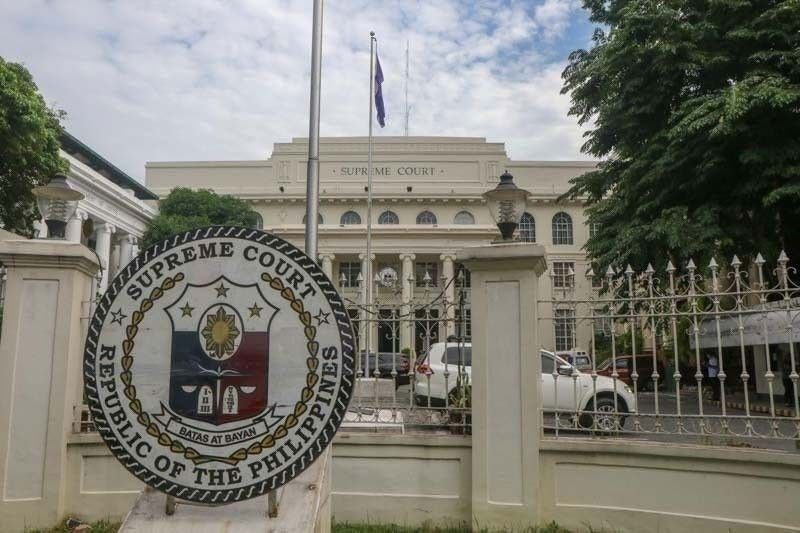SC asked: Declare insertion of unprogrammed funds illegal

MANILA, Philippines — Bayan Muna party-list has asked the Supreme Court (SC) to declare as unconstitutional the insertion of unprogrammed funds in the 2024 national budget.
Bayan Muna filed the petition yesterday, questioning the additional P449.5-billion unprogrammed funds in the 2024 budget when the executive branch originally requested only P281.9 billion.
Named as respondents were President Marcos, Executive Secretary Lucas Bersamin, the Senate and House of Representatives.
“The petitioners question the constitutionality of three government actions: the presidential certification of urgency, the power of the bicameral conference committee to insert items in the budget and the resulting congressional increase in the budget submitted by the President,” the party-list group said.
Bayan Muna said that Congress, through the bicameral conference committee, increased the unprogrammed funds in the 2024 budget, saying it cannot increase the amount of appropriations recommended by the President.
“The increase becomes more insidious not only because it is reserved for pork barrel projects, but also increases our national debt and budget deficit, making it a monster pork barrel,” it stated.
Bayan Muna said the bicameral conference committee has been abusing its power to insert provisions not contained in the approved bills.
The group also asked the SC to void the provision allowing the transfer of funds from government-owned and controlled corporations to unprogrammed appropriations.
In particular, Bayan Muna was referring to the provision under the national budget that allowed the Department of Finance’s order to the Philippine Health Insurance Corp. (PhilHealth) to return P89.9 billion worth of funds back to the national treasury as part of unprogrammed funds.
The petitioners also asked that the high court issue parameters to regulate the presidential power to certify bills as urgent.
Bayan Muna explained that before the 2024 budget was signed by President Marcos, the bill was certified as urgent “despite the absence of urgency.”
It said the presidential power to certify bills as urgent “has been regularly abused to short cut legislative processes by the mere expediency of an emergency certification, thereby preventing the full deliberations and scrutiny of a bill in three readings.”
Meanwhile, the Department of Budget and Management (DBM) has denied claims that it unilaterally removed PhilHealth coverage for vulnerable sectors of society.
Non-profit organization Medical Action Group recently said the DBM removed PhilHealth coverage for 30 million members including Pantawid Pamilyang Pilipino Program beneficiaries, senior citizens, persons with disabilities and all their dependents this year.
DBM, however, said it cannot do so as it only followed what was provided in the General Appropriations Act of 2024.
Under the 2024 National Expenditure Program, PhilHealth has an allocation of P101.5 billion, of which P80.283 billion is for the National Health Insurance Program (NHIP) covering the annual premiums of 21.16 million indirect contributors.
During deliberation, however, Congress reduced PhilHealth’s budget to P61.5 billion, of which P40.28 billion is for the NHIP. This effectively reduced the number of beneficiaries to just 10.63 million.
“The DBM is not reducing membership, it merely follows and executes the budget,” DBM said.
It further refuted the claim that six million Filipinos will have to turn to local health services and pay for these out-of-pocket, arguing that PhilHealth does not mean 100 percent coverage of expenses and there are cases requiring out-of-pocket costs.
DBM likewise dismissed reports that the state insurer will not be able to pay benefit claims of members and dependents this year.
PhilHealth has over P500 billion in investible funds that it can utilize to support universal health care, it added.
The DBM is now consulting with its legal team for possible filing of actions against the group “for purveying malicious and misleading information to the public.” — Louise Maureen Simeon
- Latest
- Trending



























